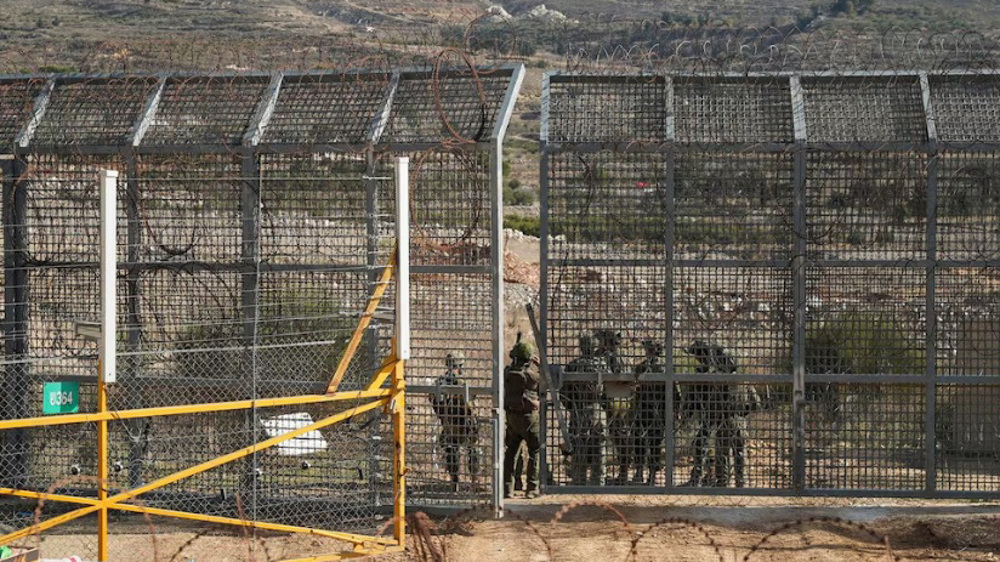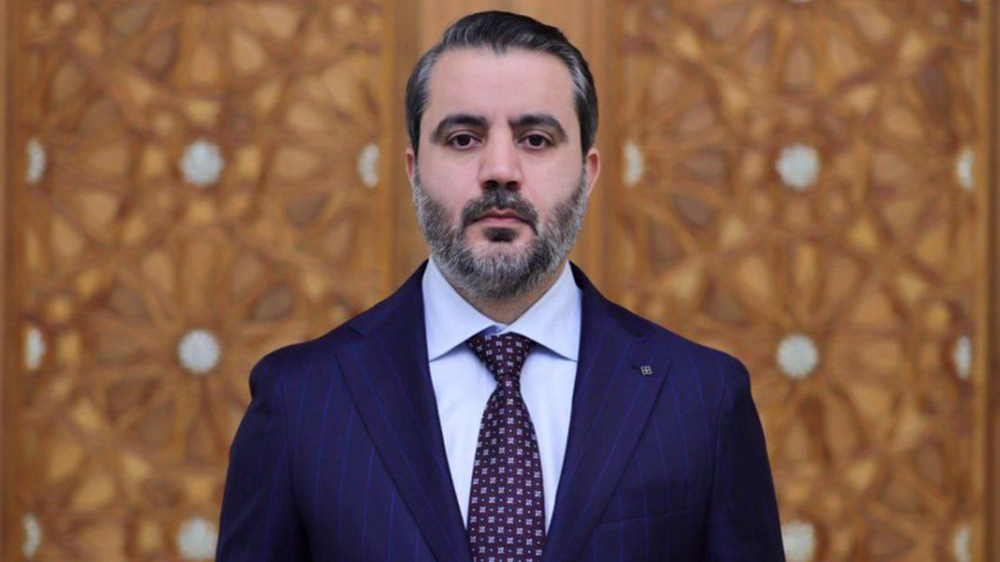‘Unjustified’ EU sanctions meant to cover up terrorist crimes: Syria
Damascus has blasted the European Union (EU) for imposing new sanctions against several Syrian nationals, including scientists, over an alleged gas attack, saying the bans merely serve the terrorists and help cover up their crimes.
On Monday, the European Council added eight Syrian scientists and eight top military officials to its blacklist, citing the individuals’ suspected role in the purported chemical attack on the town of Khan Shaykhun in Idlib Province that killed some 80 people in April.
An official source at Syria’s Ministry of Foreign Affairs and Expatriates said on Tuesday that the figures targeted by the EU were performing their duties to push forward the development process and counterterrorism efforts in the country.
The fresh “unjustified” EU bans “came within the framework of the EU’s hysterical campaign against the Syrian people using unbelievable pretexts regarding [the] Khan Shaykhun incident, where terrorist groups targeted the innocent civilians with chemical weapons,” the source said.
The sanctions, which were enforced before the completion of the investigation into the alleged gas attack, indicate “the imprudence of the EU officials and their insistence on supporting terrorist groups and misleading the international public opinion,” he added.
The Foreign Ministry source also noted that the bans reflect that “the EU lacks moral and ethical standards while dealing with today’s crises, particularly in the universal war against terrorism.”
He emphasized that Syria does not possess any form of chemical weapons and that the Syrian state has never used such arms at any time or place and under any circumstances.
The new measure brought to 255 the total number of people placed under EU sanctions related to the Syria crisis. EU bans are also in place on 67 companies linked to the government of President Bashar al-Assad.
British Foreign Secretary Boris Johnson has said the fresh EU sanctions on Syria showed Europe’s resolve “in dealing with those who are responsible for chemical weapons attacks.”
Washington has also placed restrictions on hundreds of employees and scientists at a Syrian government agency over their alleged involvement in developing chemical munitions.
Following the Khan Shaykhun incident on April 4, the Western states and their regional allies rushed to pin the blame on the Syrian government, without providing any evidence to support their accusations.
Syria, however, rejected using banned weapons during its anti-terrorism operations.
Damascus agreed to surrender its entire chemical arsenal to the Organization for the Prevention of Chemical Weapons (OPCW) in a mark of transparency after it was blamed for a similar attack in 2013.
The Russian Defense Ministry also said the Syrian air force had targeted a militant arms depot in the area that is believed to have contained some chemicals.
Damascus and Moscow also called for a thorough and impartial investigation into the incident.
However, days into the incident, US warships in the eastern Mediterranean launched a barrage of 59 Tomahawk missiles against Shayrat Airbase in Syria’s Homs Province. Washington claimed that the airbase targeted in the missile raid was the origin of the Khan Shaykhun incident.
Tel Aviv tells Damascus Israeli forces will remain in occupied territory: Report
Dec. 22: ‘Axis of Resistance’ operations against Israeli occupation
‘Abhorrent’: Oxfam says only 12 trucks delivered aid in North Gaza since Oct.
VIDEO | Leader receives religious eulogists on Hazrat Fatima birth anniv.
Pope Francis slams Israel’s ‘machine-gunning’ of Gaza children
US hostage-taking of Iranian nationals violation of intl. law: Deputy FM
VIDEO | Carol Singers for Palestine on London’s Parliament Square
Ansarullah says ‘Israeli terrorists’ incapable of confronting Yemen, warns of secret weapons















 This makes it easy to access the Press TV website
This makes it easy to access the Press TV website